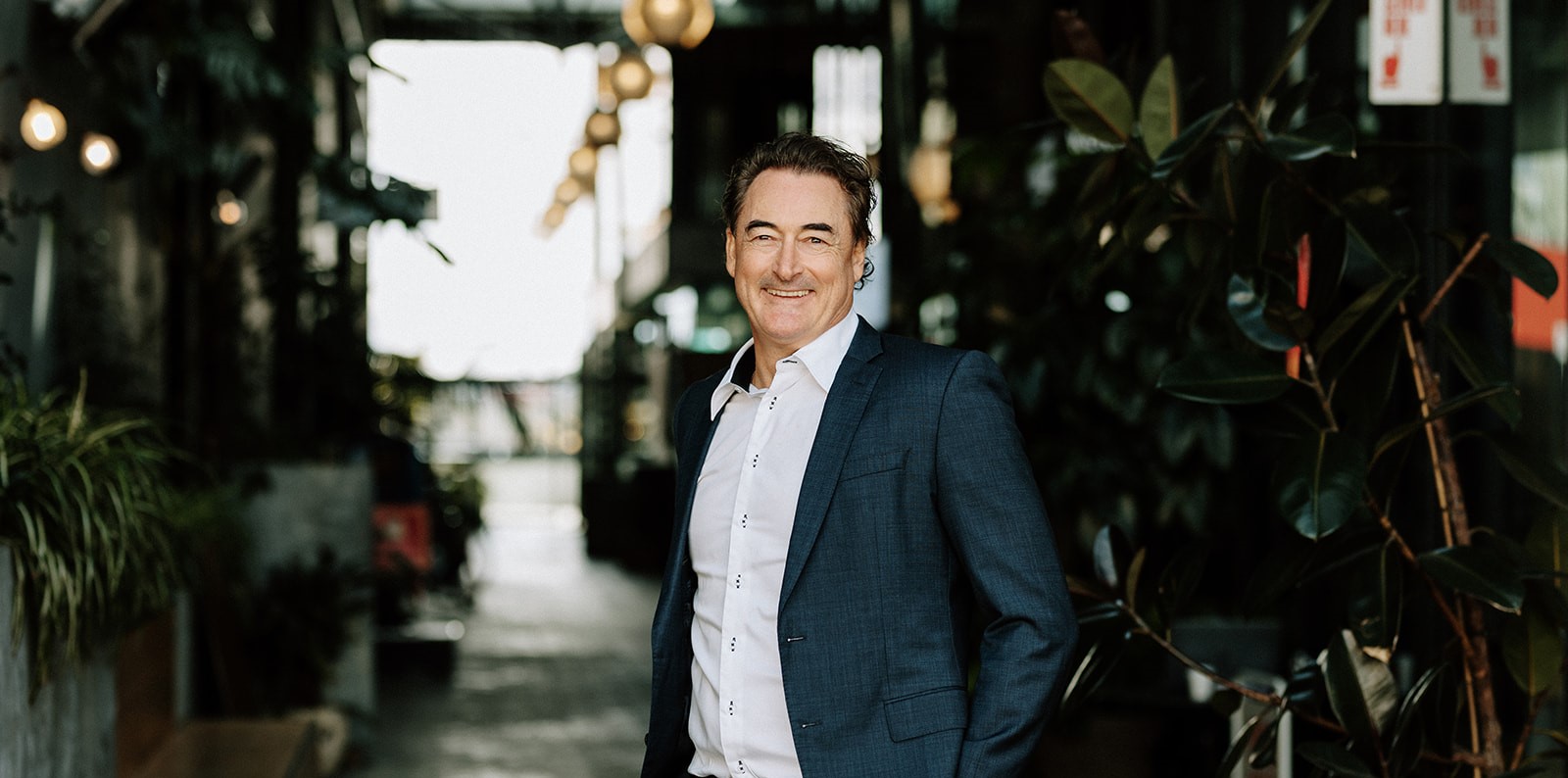First home buyers: How to make the most of your relationship with your lawyer

Buying
We’ve been waiting a while, and now it’s well and truly happened. Thanks to economic conditions, it looks like the housing pendulum may have swung back into a buyer’s market mode. And with strict regulations and heightened interest rates keeping investors at bay, it’s a great time for first home buyers to get in on the action.
If you’re in this position, amidst the excitement of looking at open homes you may not have thought too much about engaging a lawyer in the process. What does a lawyer do in the house-buying process? How much do they cost? Do I even need one?
Yes, you need a lawyer. Think of them as your home buying project manager.
Sam Douglas, partner at iCLAW in Hamilton, says buying a house is one of the biggest investments most people make, so you want to make sure it’s a good one. Enter, your lawyer.
“Some of the things we start with are a whole lot of checks - checking titles; we have freehold, cross-lease unit titles, there are boundaries, easements, covenants, lots of things to check to make sure you’re getting what you’re expecting to get. We also help with the KiwiSaver withdrawal if you’re using that, and the Kainga Ora First Home Grant, and we help with financing in general – all of which need to be processed through your legal team.”
Lawyers are also crucial in some of the more complex aspects of first-home buying, such as navigating co-ownership if you’re buying with a friend, family member or partner, or alongside a shared ownership scheme, such as with Kainga Ora or the Housing Foundation.
“Those are really good ways to get into home ownership, but it’s important that people consider how that deal’s going to look, so a lawyer can help you put an agreement in place with your other owners, particularly if one person is putting in more money than the other,” says Sam.
When you’re ready to buy, what comes next?
After working with a lender or broker to figure out what you can afford, and armed with a pre-approval, the next step is the sales and purchase agreement.
“Most transactions will use the same template agreement, so your real estate agent and your lawyer will be very familiar with it,” says Sam.
“What normally happens is you look at the property a few times, work out with your agent what a good offer would be, figure out what you’re comfortable paying, and then your agent will prepare a conditional offer. We’d usually recommend making a conditional offer, that way you can agree on the price with the vendor before spending your money on due diligence, such as building inspections and the like.
“Your lawyer can also check over any draft agreements made by a real estate agent, usually as part of the total cost of completing the buying process with you.”
For an unconditional offer, Sam says it’s all about getting the same checks – but before an offer is made. That would include paying upfront to check LIM reports, obtaining a builder’s report, and anything else to protect against any of the legal risks upfront.
How can a real estate agent help in the first home buying process?
Andrew Bindon, residential and lifestyle sales consultant at Lodge Real Estate, says it’s helpful to have your lawyer and real estate agent in direct contact, to make the whole process as easy as possible for all involved.
“In presenting an initial offer, you want to be able to negotiate, but you also don’t want to be starting off too low to effectively put any negotiation off the table. You want to start off on the right foot, and you do that by looking at what past sales have happened in the area, but also the houses that are on the market that are in direct competition with that property you’re offering on.”
Andrew says it can be tempting to lowball to get the best possible deal, but you may count yourselves out of the running by doing so.
“We’ve got to reconcile that the purchaser wants to get it for the best price, but we’re also trying to get the best price for the vendor, and we’ve got to marry those up. That is done by statistics, not opinion.”
What's the deal with buying new?
Sam says there’s plenty of differences between buying existing vs new builds. The first home grant eligibility doubles from $5,000 to $10,000, and you will probably have a 10-year guarantee from the builder, and a maintenance period for 12 months. The bright line rules for a new home are 10 years instead of five, so there are some advantages there later if it becomes a rental.
“Timeframes with house and land packages can be a bit up in the air, though. So, with that, you might need to think about things like sunset dates, and are you able to rent for a bit longer and be flexible about move in dates? Not all packages will be a fixed rate either, so it’s important to get the contract checked thoroughly, as they can be quite complex agreements.”
That's all well and good…so what does it cost?
Sam says it depends, but often banks cover legal fees when you’re borrowing to buy a property. “But for a standard legal purchase, you’re probably looking around $1,500 to $2,000 plus GST, but it completely depends on what you need.”
Andrew says for a first-home buyer, there is no fee for the real estate agent involved because the vendor pays. “Agents are there for you to be used, to inform you about what’s going on in the market, and how to prepare yourself for an offer, and to help you through that process.”

